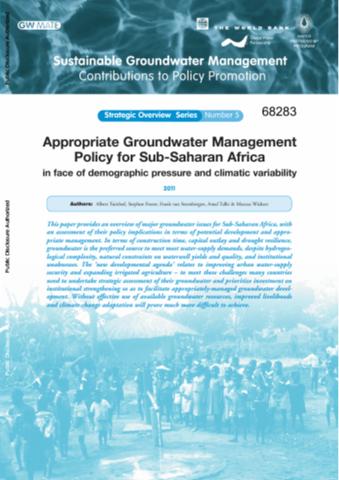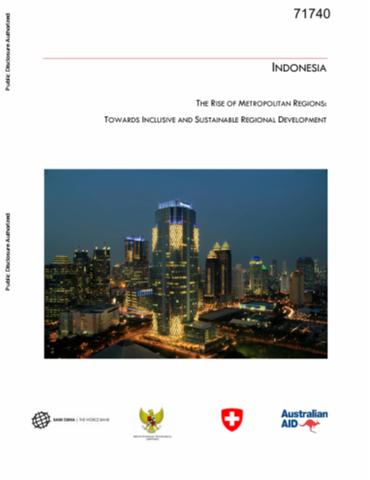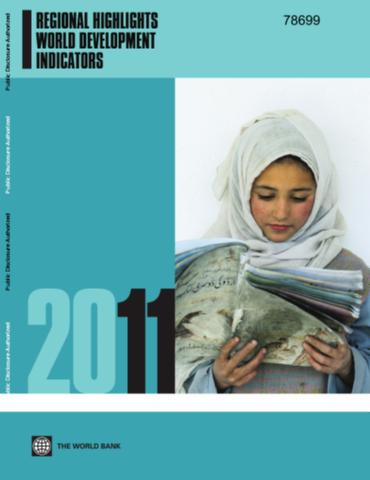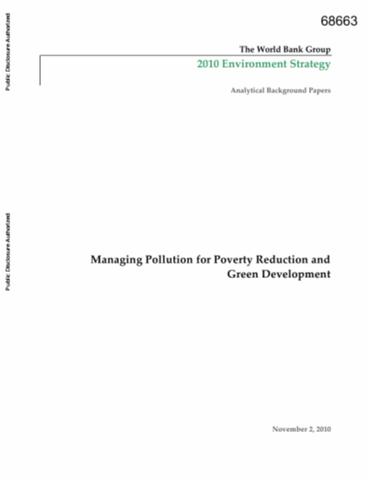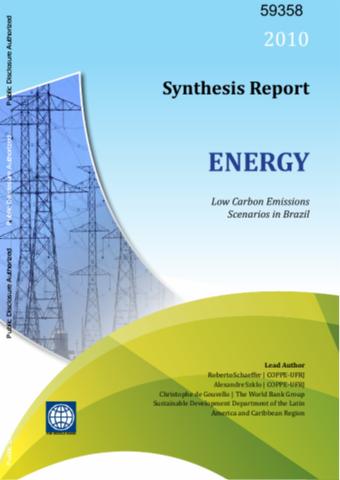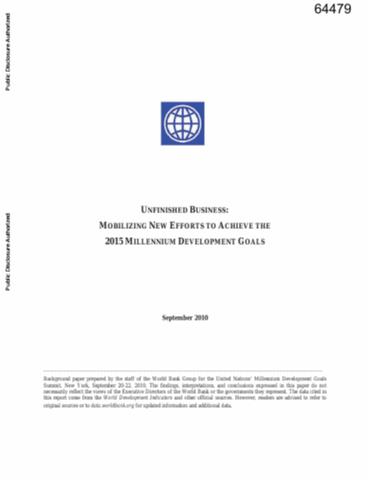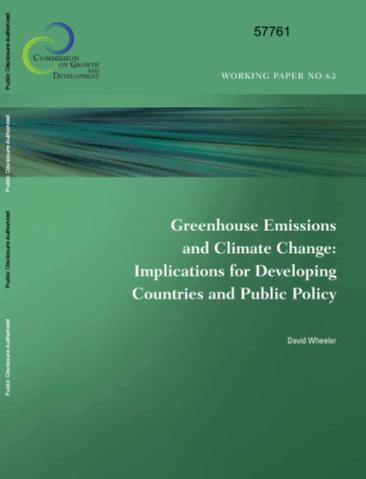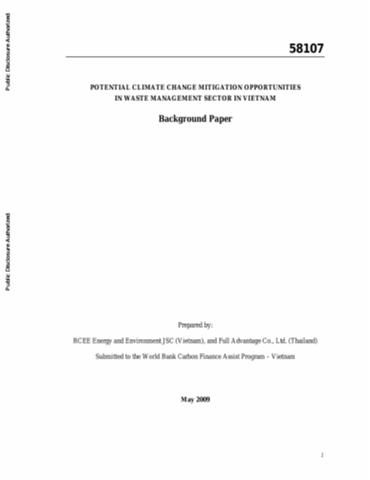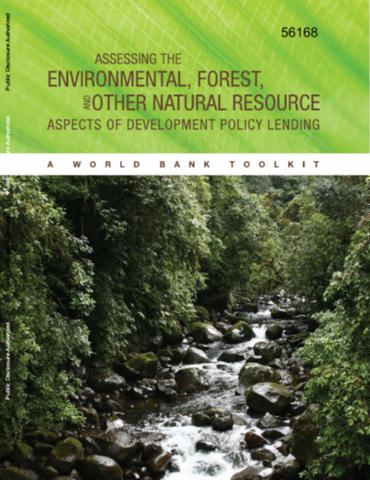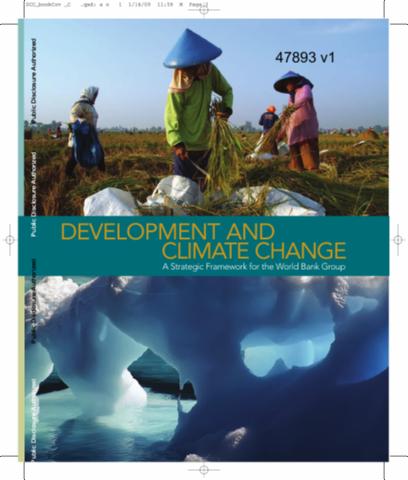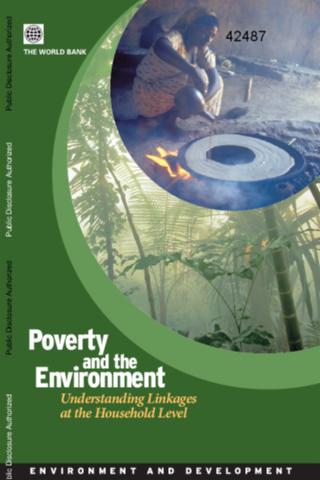Appropriate Groundwater Management Policy for Sub-Saharan Africa
This paper provides an overview of major groundwater issues for Sub-Saharan Africa, with an assessment of their policy implications in terms of potential development and appropriate management. In terms of construction time, capital outlay and drought resilience, groundwater is the preferred source to meet most water-supply demands, despite hydro geological complexity, natural constraints on water well yields and quality, and institutional weaknesses.

